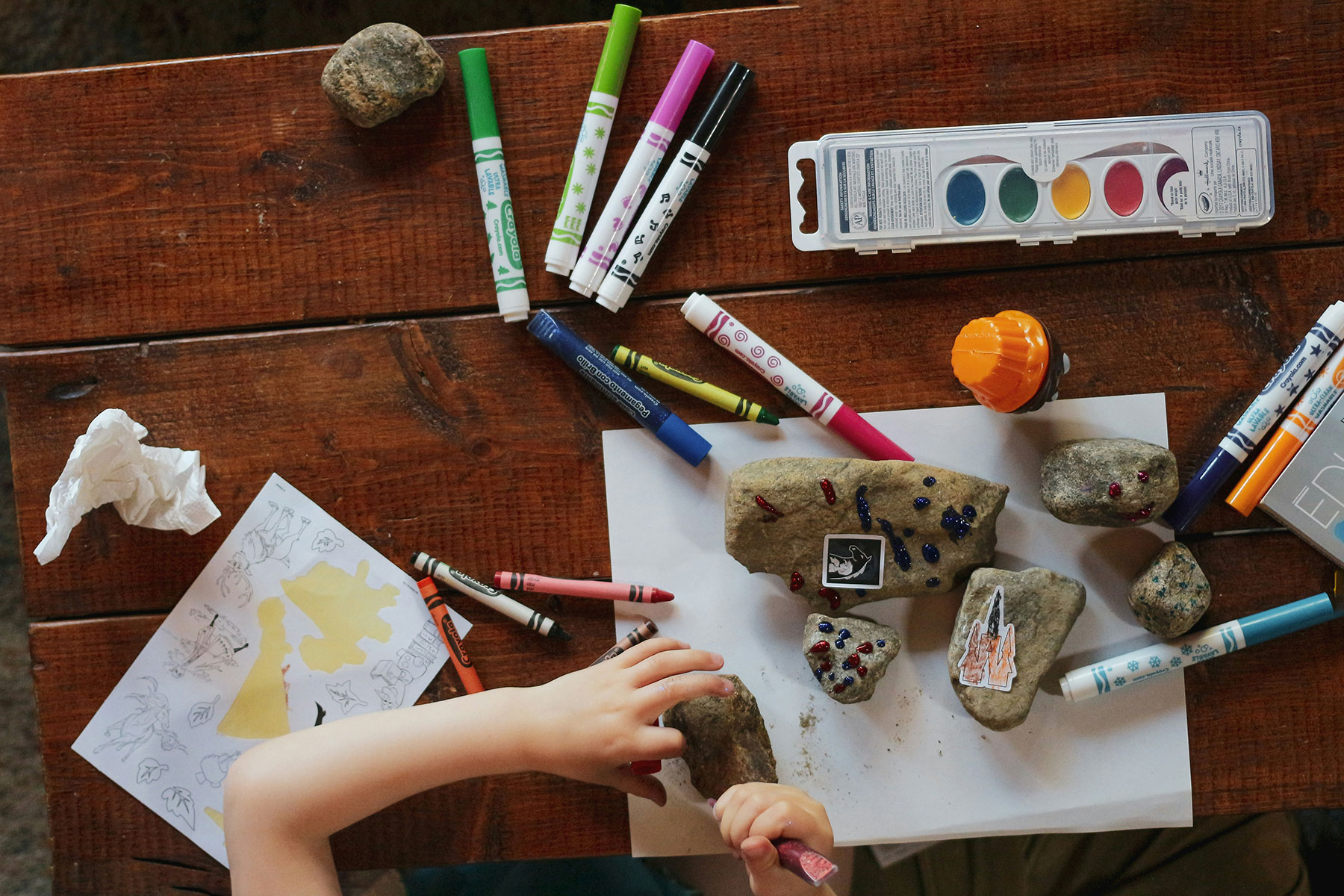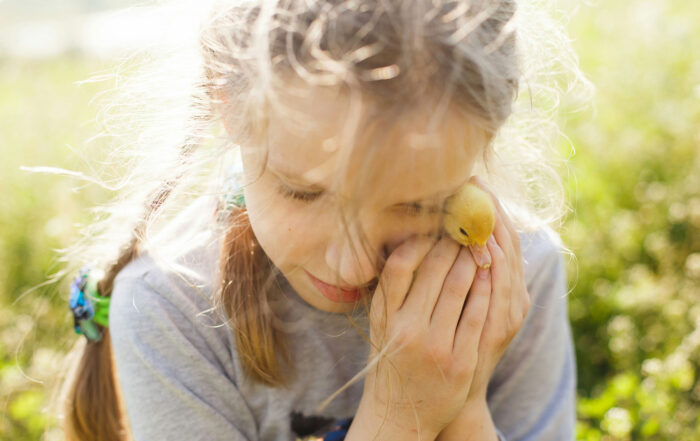
by Nicole McDermott
Trauma—either as a one-time event or prolonged exposure— can cause a wide range of mental health issues including flashbacks, sleep disturbances, anxiety, grief and substance misuse. Healing from trauma can take time and work, but throughout, a positive shift can happen—this experience is known as post-traumatic growth. In this article, we explore what post-traumatic growth is and how to cultivate it after experiencing trauma.
Share This Post!
What is post-traumatic stress disorder (PTSD)?
By The National Institute of Mental Health Post-traumatic stress disorder (PTSD) is a disorder that develops in some people who have experienced a shocking, scary, or dangerous event. It is natural [...]
InBrief: Early Childhood Mental Health
Published by The Center on the Developing Child, Harvard University The science of child development shows that the foundation for sound mental health is built early in life, as early experiences—which include [...]
At the Intersection of Autism and Trauma
By Lauren Gravitz Having autism can sometimes mean enduring a litany of traumatic events, starting from a young age. “We know that about 70 percent of kids with autism will have [...]
Post Traumatic Stress Disorder in Autistic People
By Dr Freya Rumball The risk of PTSD is higher for groups who are more likely to be exposed to traumatic events. Research indicates that autistic people may be more likely [...]
Afraid to sleep indoors: Child survivors of deadly quake left traumatized
By Zeena Saifi, Dalya Al Masri and Nadeen Ebrahim, CNN For victims in Syria, the earthquake is another crisis amid a devastating 12-year civil war. Children and families who were recovering from PTSD and ongoing trauma from [...]
How to Cope with Vicarious Trauma Caused by Videos of Police Brutality
By Jade Hindmon, NPR Many of us spent recent days thinking about the life of a man we never met. And yet, particularly for Black people, know very well. Tyre Nichols [...]







